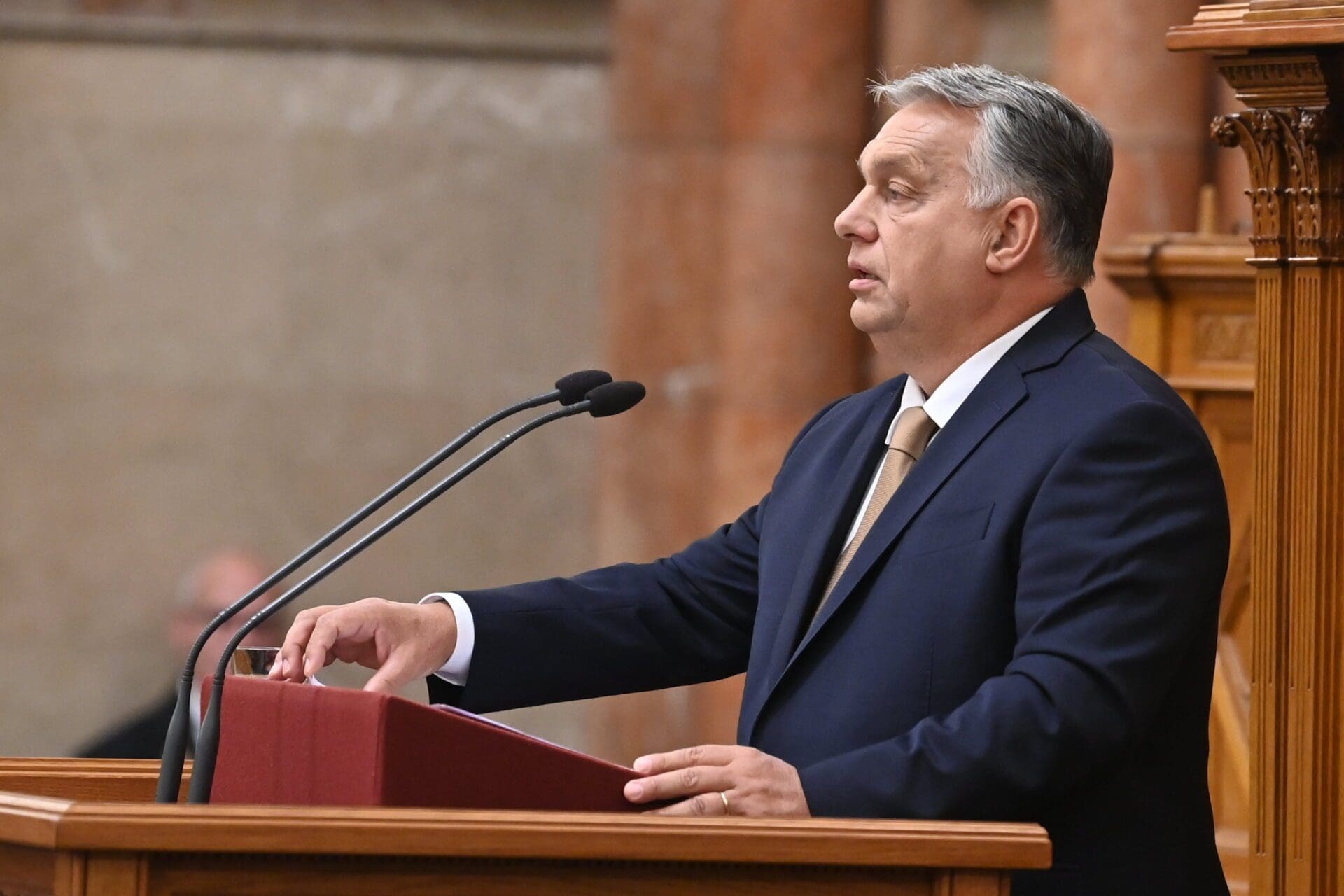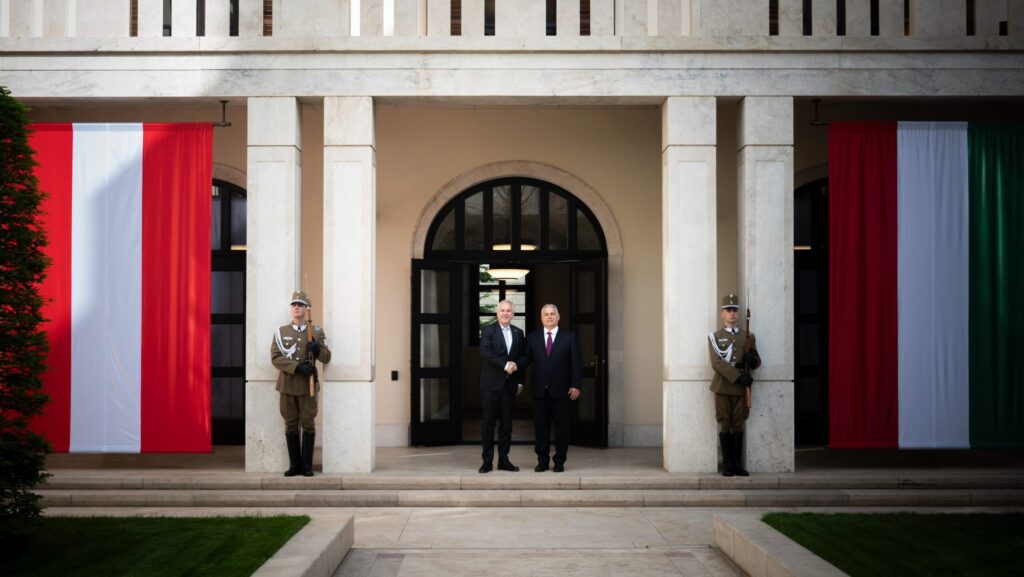Politics and Peace
In his remarks before the regular agenda in parliament, Prime Minister Orbán stated that it was political decisions, notably policies made in Brussels, and not economic circumstances that were to blame for the sharp increase in energy prices. He reiterated that Hungary stands on the side of peace, wile the West is on the side of war. ‘We want an immediate ceasefire and peace talks rather than an escalating conflict,’ Viktor Orbán nailed down. Every nation has its own interests in the economic conflict that has expanded to a global scale, but for Hungary the most crucial ones are security and the preservation of economic and national sovereignty, he said.
He added that while democracy is a basic value, the penalties were not imposed democratically because they were agreed upon by European elites and Brussels bureaucrats without ever asking the opinion of the citizenry. While the EU frequently criticises Hungary for allegedly violating European ideals, it was Brussels that has not consulted European citizens about the sanctions, despite the fact that it is the European people who are paying the price. By contrast, the Hungarian government is about to start a nationwide consultation to find out whether people are in favour the current sanctions and whether they support new ones.
‘If this goes on like this, the entire continent will collapse under the strain,’ he underscored in reference to the sanctions, arguing that they have made Europeans poorer but have failed to bring Russia to its knees and have delayed the end of the war.
Speaking about the conflict in Hungary’s eastern neighbourhood, Mr Orbán claimed that an increasing number of people around the world are falling victim to the consequences. ‘We are facing a local armed struggle and a global economic war, because a fight that would have normally been a local conflict between Ukraine and Russia has been escalated by Western economic sanctions,’ he underlined. The conflict will likely last for quite a long time, as Russia has limitless resources in terms of both people and weaponry, and the US and the EU are helping Ukraine with both arms and cash.
He warned that the world economy is in danger of collapsing and that Europe’s economy might come to a grinding halt because the war in the nation bordering Hungary is likely to continue not only this year but also in 2023. Viktor Orbán stressed that the Hungarian government is capable of securing Hungary’s energy supplies: there is sufficient oil, gas, and electricity in the country, he declared. 41 per cent of the nation’s annual consumption is covered by the amount of gas kept in storage reservoirs, and extra supplies have also been arranged with Russia.
Viktor Orbán urged the government as well as all state-owned companies, institutions, households, and businesses to reduce their consumption, noting that since imports make up for 85 per cent of Hungary’s gas demand, the government has limited ability to control prices. He also mentioned how, of all the EU nations, the Hungarian government helps households the most with subsidised utility costs.
Government Measures to Help Households and the Industry
Viktor Orbán reminded that there are six government programmes in place that assist families: the utility cost reduction programme, firewood and brown coal subsidies, and a cap on the price of gasoline and of some basic foods, as well as a freeze on lending rates. He noted that every Hungarian family saves an average of 181,000 forints (more than 440 euros) every month thanks to the government maintaining the reduced utility prices. To compare, energy subsidies account for 20 per cent of a family’s monthly income in Germany, 6 per cent in Austria, and 30 per cent in Hungary, the prime minister emphasised.
In addition to a factory rescue program, Mr Orbán mentioned that the government has launched a 200-billion-forint (almost 500 million euro) program for production- and energy-intensive small and medium-sized firms, coupled with a new job preservation action plan, if necessary. He said that Hungary had ongoing investment projects worth 9,400 billion forints (about 23 billion euros) that would eventually be completed, but that no new public investments will be made because the viability of existing ones cannot be assured given the current status of the economy.
Confidence in the Future
Since the end of communism, Hungary has never been stronger, the prime minister declared. Despite the serious harm caused by the sanctions, there is a chance that the government may come out of the current crisis even stronger, Orbán highlighted. The PM stressed that his administration is continuing its scheduled development programmes ‘at a steady pace’ in the ensuing months. The development of transportation networks, family support initiatives, the creation of an economy based on development, as well as the university development programme, the development of the armed forces, and the national unification programmes will all continue, he said, even during the crisis management period of the next two years. He confirmed that the final version of the 2023 budget will be drafted in early December, and will include some new measures to support families, besides a significant expansion of the present state-sponsored family assistance program.
PM Orbán affirmed that Hungary still sees its future as a member of the European Union despite the ongoing disagreements with Brussels.








